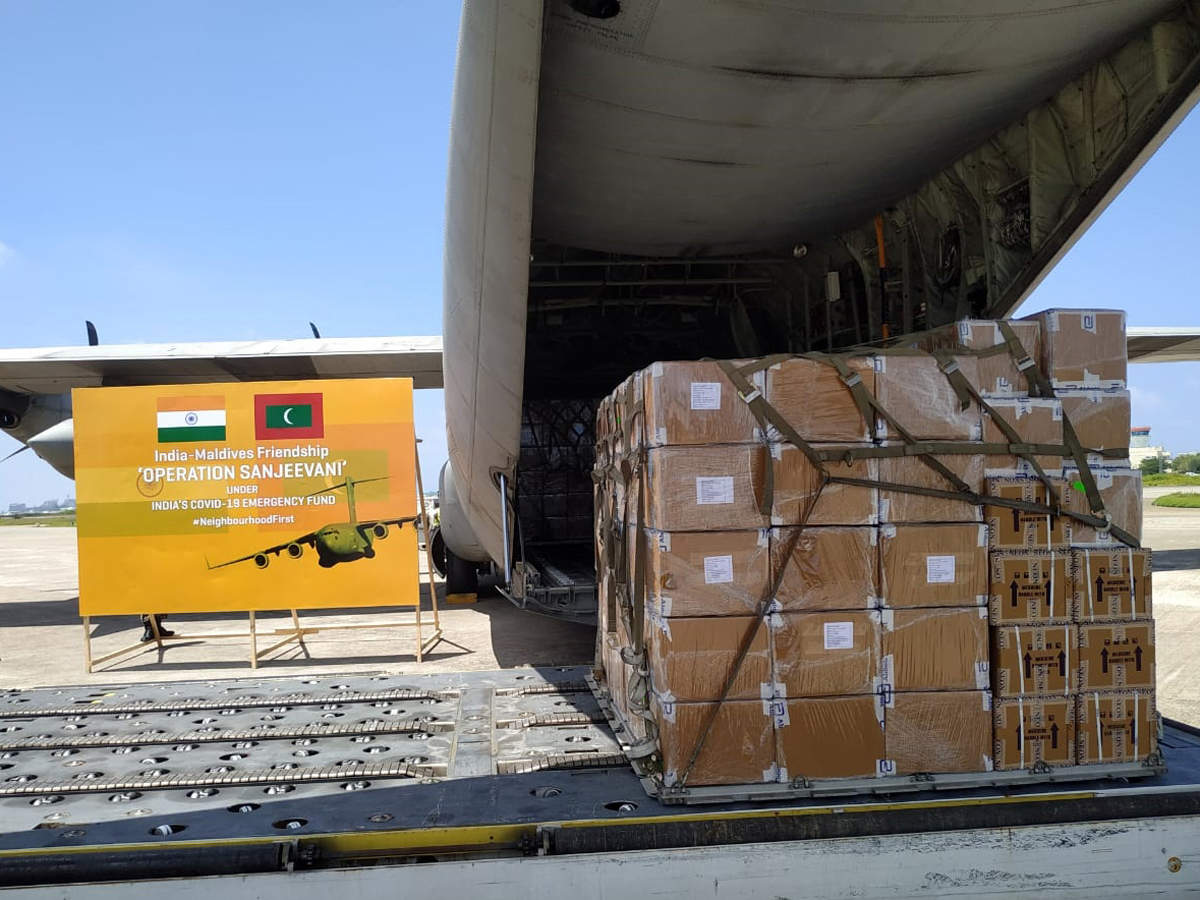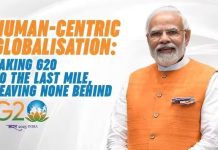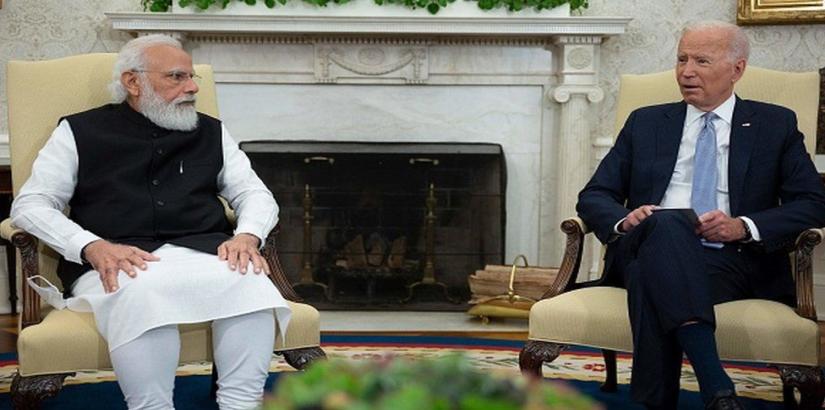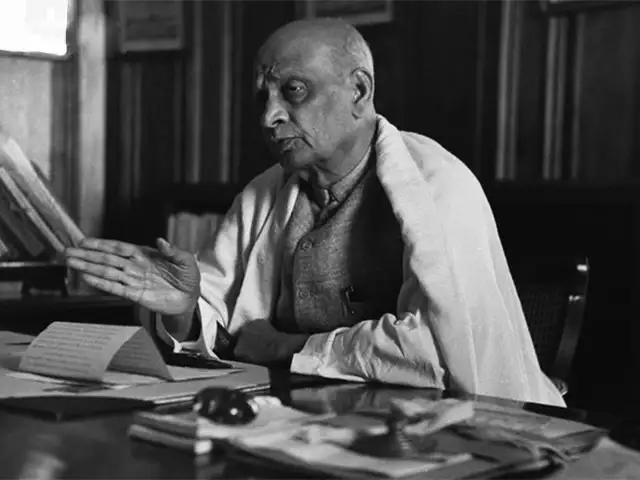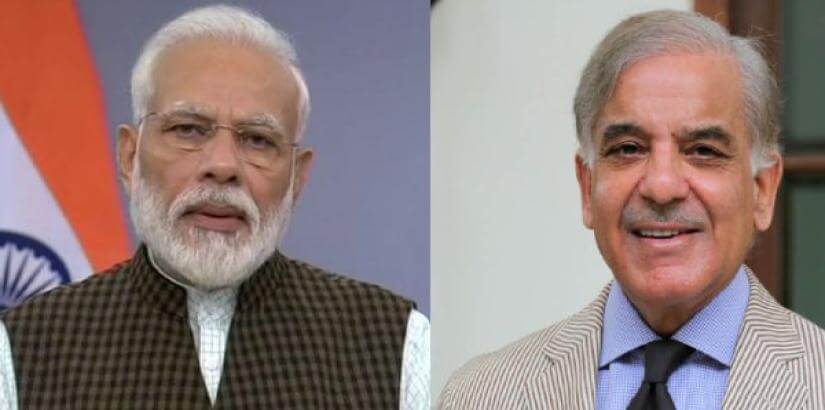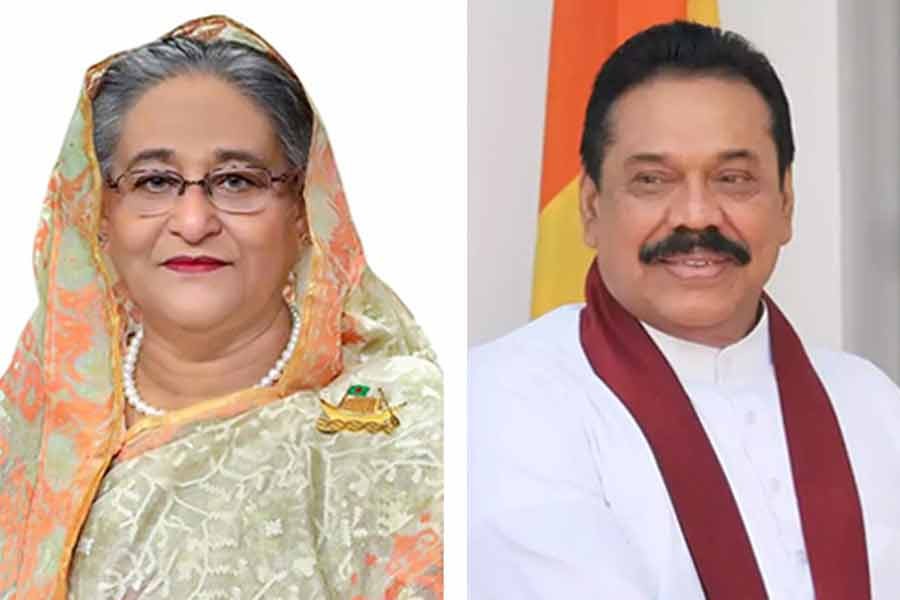Samudrala V K
As the entire world has been preoccupied with a mammoth task of battling COVID-19 pandemic, India’s proactive and generous diplomacy at the international level in dealing with this crisis would be a feather in its cap.
It is unfortunate that the bad blood between the US and China has once again resurfaced at the moment when collective action at the global level is the need of the hour. The geopolitical tussle between the two has reared its ugly head in the midst of this heightened crisis. US President Donald Trump has been trying to sweep his blunders under the carpet and burning bridges with his virulent remarks against the World Health Organization (WHO).
WHO, an esteemed organization which is known for its efforts and achievements at the global health space has become a sitting duck at the hands of the US president for its alleged mishandling of the crisis and being too “China-centric”.
Apart from freezing of funds and scapegoating the WHO, the Trump administration has been looking for existing and new alternative channels to reroute it’s USAID (United States Agency for International Development) – an independent body which oversees the US foreign aid and developmental assistance-funds to detour middleman i.e., the WHO. Trump, known for his hardball political tactics and bellicosity, has been trying to window dress his litany of failures by finger-pointing at the WHO.
It is clear the US has missed the bus and failed to lead the battle against the invisible enemy, COVID-19. It is preposterous to give the WHO the cold shoulder, which has its presence all around the globe and has been at the forefront of the battle against many deadly outbreaks, both communicable and non-communicable diseases.
The time has come to let bygones be bygones between the major powers and strengthen global health infrastructure in the fight against the deadly menace of COVID-19 and be prepared for any outbreaks in the future.
At a time when the major powers around the globe are struggling to stem the tide of coronavirus, India, shelving its lackadaisical attitude in matters of global significance, extended a helping hand to nations around the world. In the wake of COVID-19, India, with its medical diplomacy, struck the right chords and made the best use of its soft power stature in this crisis and has been trying to fill the global leadership vacuum.
In the South Asian region, India has been actively engaging with the SAARC nations by supporting them with critical medical supplies like hand sanitizers, forehead sensors, PPE (personal protection equipment), surgical masks etc.
As part of its humanitarian aid, India pledged $10 million for the SAARC coronavirus emergency fund. To ensure global food security, India has delivered food grain stocks to countries like Afghanistan and Lebanon upon request.
The export of anti-malaria drug Hydroxychloroquine to 60 countries around the world, including the permanent members of the United Nations Security Council (UNSC), except China, remains the jewel in the crown of India’s medical diplomacy. India has also mooted the idea to create a common electronic platform for the SAARC nations to exchange information and share best practices in their race against COVID-19.
The sub-continental giant, India, has also been sending its medical health professionals and offering technical assistance to various countries across the Asian region to supplement their efforts against the deadly virus.
New Delhi has been walking on eggshells as Beijing’s “mask diplomacy” has backfired in Europe due to the delivery of shoddy products. It is pertinent to realize that apart from the global concerted action, there is no silver bullet to obliterate this invisible enemy.
It is clear that the pandemic effect, which challenged the West-led global order, would lead to a paradigm shift in the arena of international politics in terms of power and influence. Players like Brazil, Germany, India, and Japan are waiting in the wings to secure permanent member status in the UNSC.
Finally, the time has arrived to revamp international institutions in a democratic way and let new players design the architecture to deal with the 21st century global challenges.
(The writer is a columnist on international affairs and trade)

